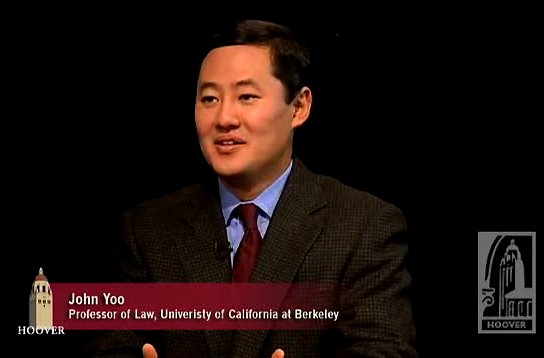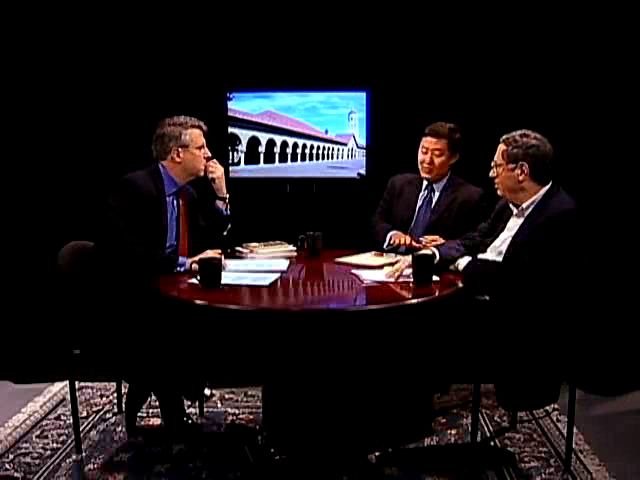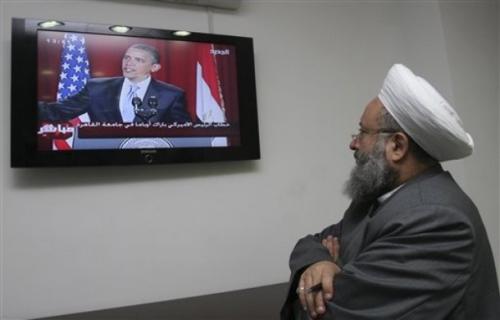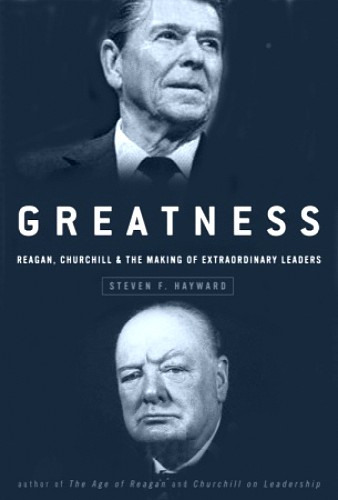Presented with the kind permission of The Independent Institute
A talk given by P. J. O’Rourke on February 09 2007.
Excerpt from transcript …
… there is this core of simple clarity to The Wealth of Nations. Smith argues three basic principles. And by plain reasoning and plentiful examples, very plentiful examples, he proves them.
Even intellectuals should have no trouble understanding Smith’s ideas. Economic progress depends upon three individual liberties.
The pursuit of self-interest, the division of labor, and the freedom of trade.
Now Smith’s first, and in many ways, most brilliant insight was that there was nothing inherently wrong with the person pursuing his or her self interest.
Now this, of course, doesn’t sound like news to us. Or rather, it sounds like everything that’s in the news, because these days, altruism itself has a press agent. Because it certainly is somebody’s self interest to be a celebrity, and Bob Geldoff has figured out a way to stay one. And so Al Gore. But the pursuit of self-interest didn’t used to be regarded in that way.
Religious leaders, philosophers, people in political control, used to tell everybody to just suck it up. Subjugate your ego, bridle your ambition, sacrifice yourself to the Church, to the feudal structure, to the principles of philosophy. And we bought that.
We bought that because we didn’t really have any control over our self-interest anyway. And if we were slaves, or serfs, and most of us were, we didn’t really even have a self to call our own that we could be self-interested in. In a doghouse of ancient and medieval life, asceticism made us feel less like dogs.
But by Adam Smith’s time, in 18th-century Britain, ordinary people were beginning to get some control over their own destinies.
And this didn’t please a lot of philosophers. It didn’t please a lot of religious authorities. It didn’t please political authorities. And the fact that it didn’t please these people angered Adam Smith. And we think of irony as being a modern tone.
But Adam Smith was perfectly capable of using irony, and did so in The Wealth of Nations. He said, “This is improvement in the circumstances of the lower ranks of the people. Is this to be regarded as an advantage or as an inconveniency to society?”











